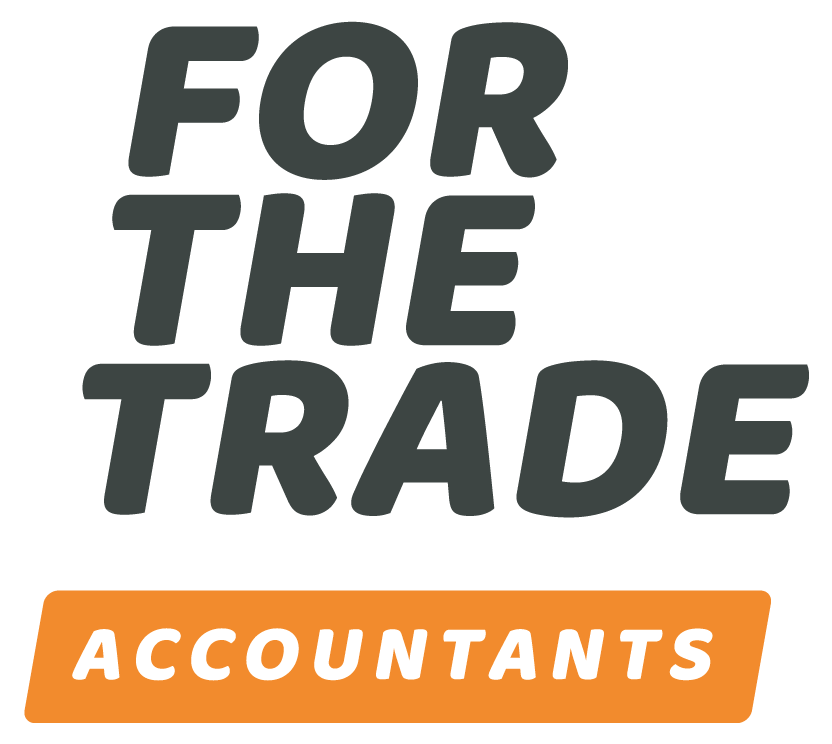The problem with business expenses for sole traders is that HMRC doesn’t publish a big list of what you can and can’t claim. You need to use a bit of judgement.
If you don’t deduct expenses before working out your profits, you’ll end up paying too much tax. Nobody wants that. But some chancers do take the piss a bit.
All accountants have got stories about the mad things their clients have tried to claim – sports cars, pedigree dogs, family holidays, ‘specialist’ TV channel subscriptions, you name it.
I don’t mind, it makes me laugh, as long as I can catch and fix it before HMRC notices. Because, frankly, they’ve not got my sense of humour.
It’s not just the daft claims, though. Even some pretty boring stuff might be out of bounds. Like, if you get your lunch at the scran van every day, you can’t get away with claiming that. Because it’s your normal lunch, which you’d have to eat whether you were at work or otherwise. So it’s not a business expense.
Let’s dig into the principles a bit, then I’ll give a few more specific examples.
Wholly and exclusively
HMRC uses this phrase “wholly and exclusively” when they’re talking about business expenses.
Basically, you can’t claim anything that you didn’t need to buy or pay for specifically to do your job. Or that you also got any use out of outside work.
So, here’s an example: let’s say you’re a roofer and you need a decent digital camera to take photos when you’re putting together quotes and to record the condition of properties before you start work on them. Seems legit, right?
But if you also take it on holiday with you or use it to take photos of your kid’s birthday party, you’ve broken the “exclusively” principle.
The best way to reduce the doubt around a purchase like this is to:
- Buy it with a dedicated work credit card.
- Get an invoice made out to the business.
- Mark it up with the name of your business.
- Store it securely on business premises, or with your other tools.
- Don’t take it to Ibiza with the lads.
Mobile phones are another tricky one. A lot of people think (or kid themselves) that if they need a phone for work, work can pay for their phone. HMRC is hot on this, though.
They say that if you’ve got a phone you use for work and personal calls, you can only claim the bit that’s for work as a business expense. So, you need an itemised bill and you have to tot up which were business calls, and which were personal.
It’s probably easier to get two phones, with two separate numbers, one for work and one for home. That’s got the added benefit of stopping people calling you about work when you’re trying to relax.
Kit and materials
Now, some good news: you can claim uniforms and protective work clothes like goggles, steel-capped boots and hard hats.
Because, unless you’re moonlighting as a male stripper, they’re not much use outside work.
They’re obviously business expenses.
You can also claim raw materials that you’re billing homeowners for, like paint, piping or timber.
Travel and scran
Honestly, I don’t have room to get into this properly, and you wouldn’t want to read it – it’s so bloody complicated.
Short version, though: fuel costs from home to work aren’t claimable; but fuel costs during your working day, from the yard to the site, can be.
And when it comes to food, you can only claim it when it’s a genuine business expense, not just something you’d be eating anyway.
A round of pizzas to thank the lads for their hard work at the end of a job? Not a problem.
Dinner with a business contact who might put some decent work your way? Should be OK.
Horrible burger and chips at a motorway service station near Dunfermline at 3:30am because you’ve agreed to be on site in Aberdeen at 6am? Go for it.
There’s no such thing as a stupid question when it comes to business expenses – ask me, and I’ll give you a straight answer.


